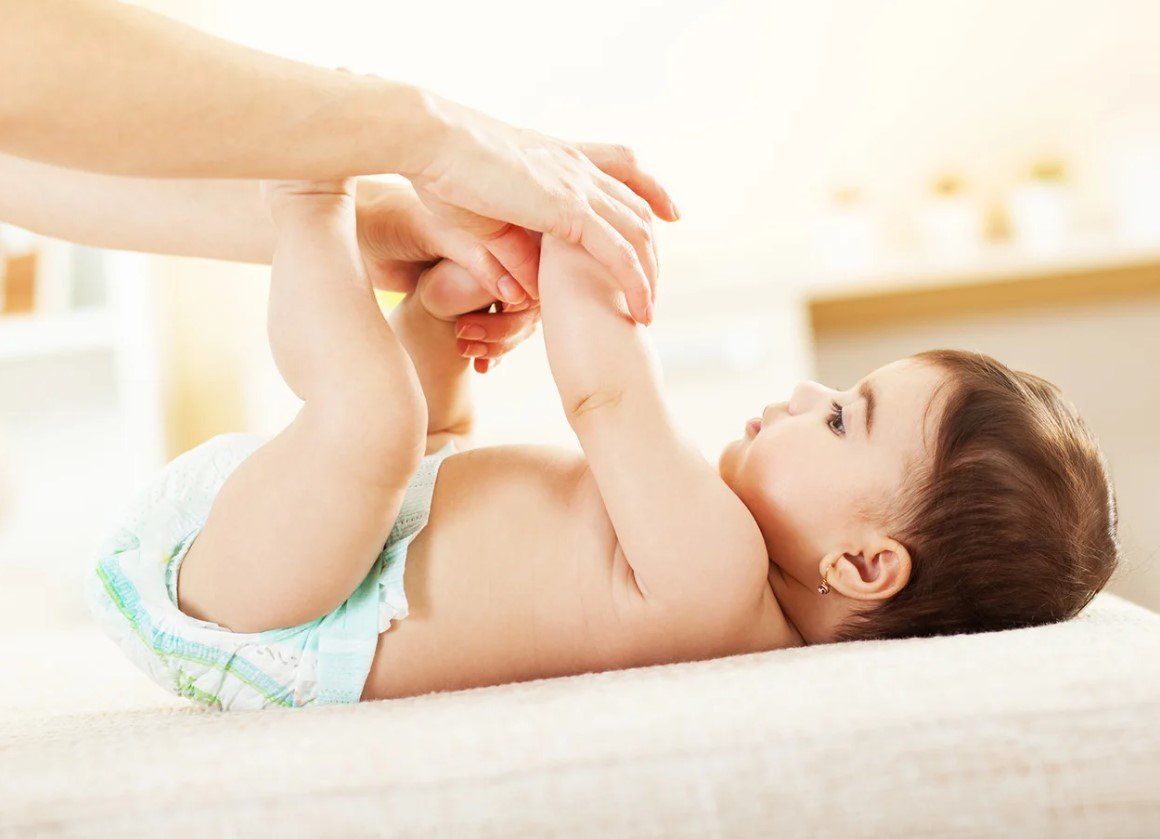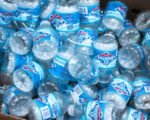Most parents may experience the worry and stress of dealing with diarrhea in their 1-year-old babies at some point. Recognizing the symptoms, understanding the common causes, and knowing the treatment options available can help you effectively manage this common childhood issue. In this blog post, we will discuss the signs of diarrhea in 1-year-old babies, explore the possible causes behind it, and provide you with useful treatment strategies to help your little one feel better soon.
Key Takeaways:
- Diarrhea in 1-year-old babies can be concerning and requires attention from parents and caregivers.
- Common symptoms of diarrhea in 1-year-old babies include frequent watery stools, stomach cramps, and fever.
- Causes of diarrhea in 1-year-old babies may include viral or bacterial infections, food allergies, or teething.
- Hydration is key in treating diarrhea in 1-year-old babies, with oral rehydration solutions recommended to prevent dehydration.
- Consult a healthcare provider if diarrhea persists for more than a few days or is accompanied by severe symptoms such as blood in the stool or high fever.
Symptoms of Diarrhea in 1-Year-Old Babies
- Increase in the number of bowel movements
- Loose or watery stools
- Abdominal cramps or discomfort
- Fussiness and increased crying
- Fever
- Vomiting
- Signs of dehydration:
- Dry mouth
- Crying without tears
- Reduced urine output
If these symptoms persist for more than a day or two, seek advice from your pediatrician.

Causes of Diarrhea in 1-Year-Old Babies
- Viral infections (e.g., rotavirus, norovirus)
- Highly contagious
- Spread through contact with contaminated surfaces or ingestion of infected food or water
- Bacterial infections (e.g., salmonella, E. coli, campylobacter)
- Can cause acute diarrhea, fever, and abdominal pain
- Often result from consuming contaminated food or water
- Dietary factors
- Introducing new foods
- Food allergies or intolerances
- Can lead to gastrointestinal upset and loose stools
- Other potential causes
- Parasites
- Medications
- Teething
- Underlying medical conditions
Consult with a healthcare provider if your baby experiences persistent or severe diarrhea to determine the underlying cause and appropriate treatment.
Treatment Options for Diarrhea in 1-Year-Old Babies
- Ensure hydration
- Offer plenty of fluids: water, electrolyte solutions, breast milk, or formula
- Dehydration is a serious concern; ensure regular drinking
- Continue feeding solid foods if applicable
- Avoid foods that can worsen diarrhea: dairy products, fatty foods, sugary snacks
- Stick to bland, easily digestible foods: bananas, rice, applesauce, toast (BRAT diet)
- Avoid over-the-counter medications
- Consult with a pediatrician before giving any medication
- Pediatrician may recommend specific probiotics or prescribe medication in certain cases
- Monitor baby’s symptoms closely
- Look for signs of dehydration: dry mouth, dark urine, lethargy
- Contact pediatrician if symptoms persist for more than a few days or if concerning symptoms appear
Diarrhea in 1-year-old babies is usually mild and can be managed at home with proper hydration and care. Seek medical advice when needed to help your baby recover quickly.
Conclusion
Summing up, if your 1-year-old baby is experiencing symptoms such as frequent loose stools, abdominal pain, or dehydration, it could be a sign of diarrhea. It is important to monitor your child closely, offer plenty of fluids to prevent dehydration, and consult a healthcare provider if symptoms persist or worsen.
Bear in mind, there are various causes of diarrhea in babies, including viral and bacterial infections, teething, food allergies, and intolerances. By understanding the symptoms, causes, and treatment options for diarrhea in 1-year-old babies, you can provide the necessary care and support to help your child recover quickly and comfortably.
FAQ
Q: What are the common symptoms of diarrhea in a 1-year-old baby?
A: Common symptoms of diarrhea in a 1-year-old baby include frequent loose or watery stools, abdominal cramps, fever, vomiting, and dehydration.
Q: What can cause diarrhea in a 1-year-old baby?
A: Diarrhea in a 1-year-old baby can be caused by viral infections (such as rotavirus), bacterial infections, food allergies or sensitivities, teething, antibiotics, or contaminated food or water.
Q: How can I treat diarrhea in my 1-year-old baby at home?
A: To treat diarrhea in a 1-year-old baby at home, you can give them plenty of fluids to prevent dehydration, feed them a bland diet (such as bananas, rice, applesauce, and toast), and probiotics to help restore the gut bacteria.
Q: When should I seek medical help for my 1-year-old’s diarrhea?
A: You should seek medical help for your 1-year-old’s diarrhea if they are showing signs of dehydration (dry mouth, sunken eyes, decreased urine output), have severe abdominal pain, blood in their stool, or if the diarrhea persists for more than a few days.
Q: How can I prevent diarrhea in my 1-year-old baby?
A: To prevent diarrhea in a 1-year-old baby, practice good hygiene by washing hands frequently, ensure their food and water are safe and properly prepared, avoid giving them foods that may trigger allergies, and stay up to date on vaccinations, such as the rotavirus vaccine.















